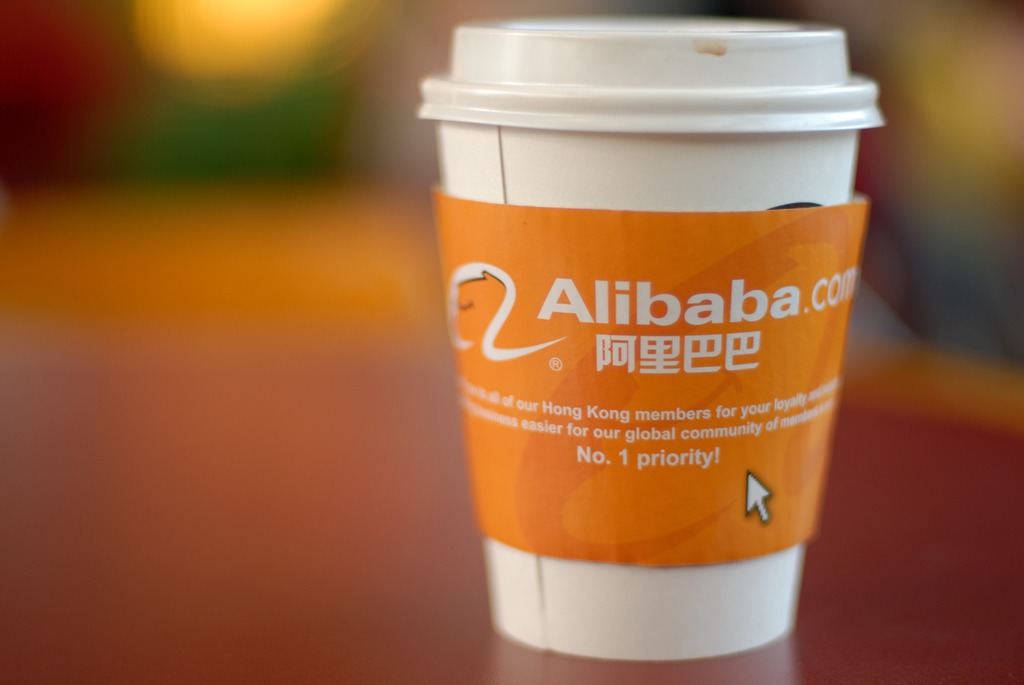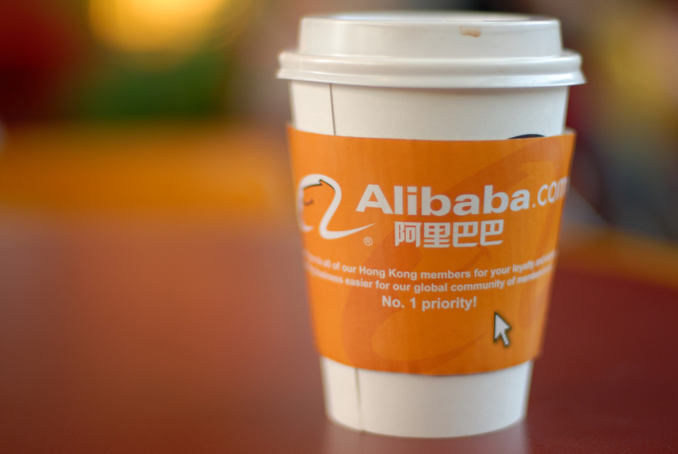Alibaba, which has now become official partner of the Games in the field of e-commerce and cloud services, will join 12 other major companies-sponsors, including Coca-Cola and McDonald's.
Financial details of the transaction were not disclosed. The IOC’s sources previously told Reuters that major sponsors pay about $ 100 million over the four-year cycle that includes one summer and one winter Olympics. The IOC’s President Thomas Bach said that cooperation agreement with Alibaba is "breakthrough and innovative."
Under the agreement, the Alibaba, in particular, will provide technological support to the competition’s organizers, will create an Olympic channel streaming on the Internet, and will adapt it to the Chinese audience.
The deal with Alibaba is providential as Asia is preparing to host the Olympic Games. In particular, South Korean Pyongyang welcomes 2018 Winter Games, Tokyo will take Summer Olympics in 2020, and Beijing – 2022 Winter Olympics.
"This is a breakthrough, innovative alliance, and it will be helping improve efficiency of Olympic Games organization until 2028," - said Head of the IOC.
Sizes of the sponsorship contribution is a closely guarded secret and no one has official information. According to information of informed sources, global partnership with the IOC is worth 100 million. US dollars. Local partners allocate at least 45 million dollars, and official suppliers - 15 to 30 million dollars.
As practice shows, amount of contribution and the sponsor's status is much less important for building brand association with the Olympic Games than investing in marketing activities supporting the Olympics.
So, according to Interbrand’s data, 90% of respondents did not associate MOC’s global partners, such as Dow Chemical, Atos and General Electric, with the Olympics in London in more than. At that, 28% of the respondents did related Nike, which had nothing to do with the Games, to the Olympics. This is approximately equal to indexes of P&G (27%) and Samsung (29%), which paid 100 million dollars each. Coca-Cola (65%) and McDonald's (64%) have the highest rates of association with the Olympics - they achieved this thanks to decades of multimillion-dollar investment in supporting the Olympics marketing activities.
Apart from b2b sector, Olympics provide a unique opportunity to establish business contacts with senior state officials and other VIP-persons. For example, Dow Chemical Company planned to receive orders for 1 billion dollars after the Olympic Games in Sochi, which, according to vice-president of Olympic Marketing Millslagle is "100% worth the investment" in the Olympics. In addition, thanks to the Olympic Games, the company was able to organize a unique entertainment program for its more than 1,000 customers, total volume of whose orders is equal to $ 30 billion.
Besides, there is another type of companies receiving concrete and positive results from partnership with the IOC. These are TV broadcasters with rights to translate the Games. They successfully monetize not only high level of TV viewing in low season, but also the very spirit of the Olympic competition, which attracts attention of millions of viewers.
In itself, sponsorship of the Olympic Games in terms of impact on end-user does not give a tangible effect of image and communication. A company needs a long-term strategy, which would involve a large-scale marketing activities of Olympic topics and use of such non-mass-communications as establishment of business contacts and guest programs for VIP-clients. Only strategic approach to the Olympics sponsorship can bring concrete results and positive ROI.
source: reuters.com, wsj.com
Financial details of the transaction were not disclosed. The IOC’s sources previously told Reuters that major sponsors pay about $ 100 million over the four-year cycle that includes one summer and one winter Olympics. The IOC’s President Thomas Bach said that cooperation agreement with Alibaba is "breakthrough and innovative."
Under the agreement, the Alibaba, in particular, will provide technological support to the competition’s organizers, will create an Olympic channel streaming on the Internet, and will adapt it to the Chinese audience.
The deal with Alibaba is providential as Asia is preparing to host the Olympic Games. In particular, South Korean Pyongyang welcomes 2018 Winter Games, Tokyo will take Summer Olympics in 2020, and Beijing – 2022 Winter Olympics.
"This is a breakthrough, innovative alliance, and it will be helping improve efficiency of Olympic Games organization until 2028," - said Head of the IOC.
Sizes of the sponsorship contribution is a closely guarded secret and no one has official information. According to information of informed sources, global partnership with the IOC is worth 100 million. US dollars. Local partners allocate at least 45 million dollars, and official suppliers - 15 to 30 million dollars.
As practice shows, amount of contribution and the sponsor's status is much less important for building brand association with the Olympic Games than investing in marketing activities supporting the Olympics.
So, according to Interbrand’s data, 90% of respondents did not associate MOC’s global partners, such as Dow Chemical, Atos and General Electric, with the Olympics in London in more than. At that, 28% of the respondents did related Nike, which had nothing to do with the Games, to the Olympics. This is approximately equal to indexes of P&G (27%) and Samsung (29%), which paid 100 million dollars each. Coca-Cola (65%) and McDonald's (64%) have the highest rates of association with the Olympics - they achieved this thanks to decades of multimillion-dollar investment in supporting the Olympics marketing activities.
Apart from b2b sector, Olympics provide a unique opportunity to establish business contacts with senior state officials and other VIP-persons. For example, Dow Chemical Company planned to receive orders for 1 billion dollars after the Olympic Games in Sochi, which, according to vice-president of Olympic Marketing Millslagle is "100% worth the investment" in the Olympics. In addition, thanks to the Olympic Games, the company was able to organize a unique entertainment program for its more than 1,000 customers, total volume of whose orders is equal to $ 30 billion.
Besides, there is another type of companies receiving concrete and positive results from partnership with the IOC. These are TV broadcasters with rights to translate the Games. They successfully monetize not only high level of TV viewing in low season, but also the very spirit of the Olympic competition, which attracts attention of millions of viewers.
In itself, sponsorship of the Olympic Games in terms of impact on end-user does not give a tangible effect of image and communication. A company needs a long-term strategy, which would involve a large-scale marketing activities of Olympic topics and use of such non-mass-communications as establishment of business contacts and guest programs for VIP-clients. Only strategic approach to the Olympics sponsorship can bring concrete results and positive ROI.
source: reuters.com, wsj.com



















